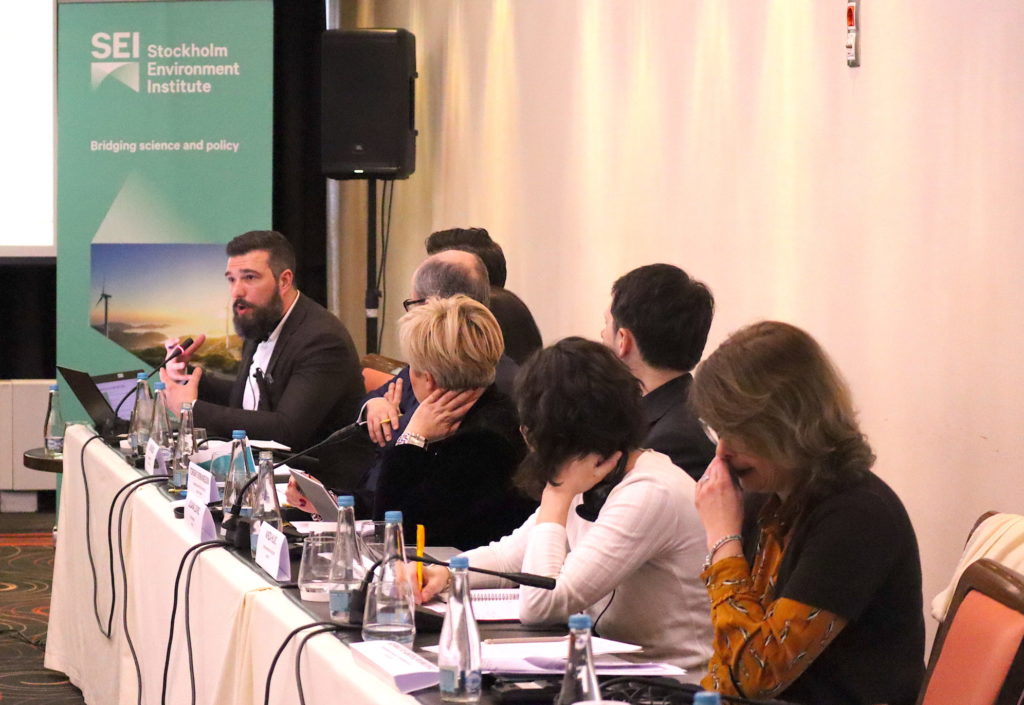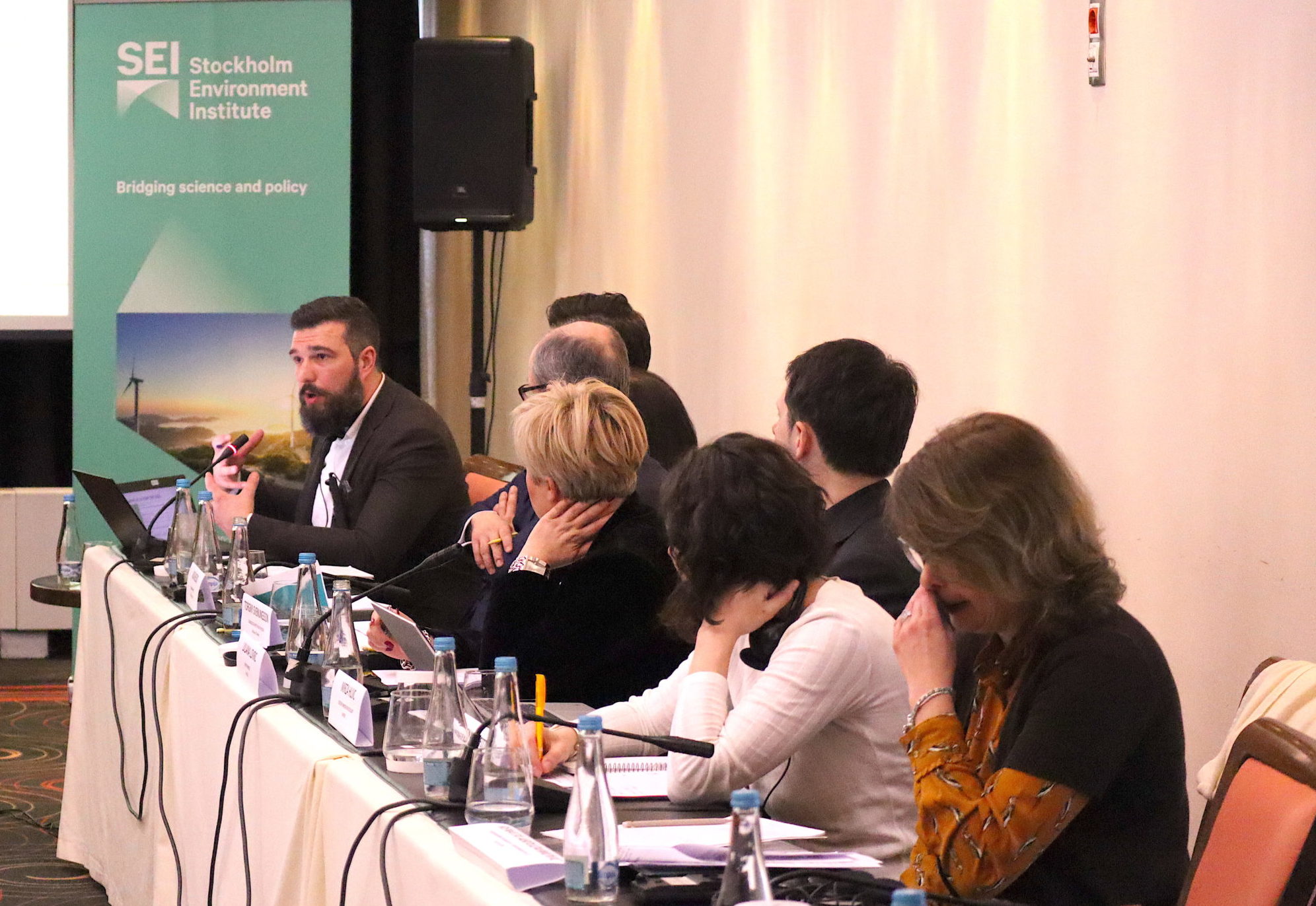This spring the preparation of Bosnia and Herzegovina’s environmental strategy took off. To understand in detail what the project is about and what processes are involved we took the opportunity to interview Bernardas Padegimas, the BiH ESAP 2030+ project manager.
Q. Implementation of the BiH ESAP 2030+ project in Bosnia and Herzegovina is under way. Can you tell us what activities are planned to be implemented during the upcoming period?
B.P. The first activity in the development of strategies and action plans is to assess the current situation, and will result in several situation analysis. This is happening as we speak. Once that is done, the process of building the actual strategy and action plans through the participatory approaches will start. This means that there will be seven thematic working groups established in all jurisdictions comprising of all the relevant expert groups, such as government authorities’ representatives, academia, non-governmental sector, international organisations and private businesses. These working groups will meet approximately six times to review relevant documentation, discuss specific issues and provide all the relevant expertise and knowledge towards each working group and the project as a whole. On top of that, each jurisdiction already established a policy group (comprising of various ministries) which will review the draft documentation created by the working groups, and provide their guidance and inputs.
The project will also seek to understand links between a thematic working group and gender, equity, poverty, and sustainability in Bosnia and Herzegovina (Gender Equality, Social Equity and Poverty Analysis – GESEP) in order to assure that project activities are respectful and inclusive, and most importantly that the final output (BiH Environmental Strategy and Action Plan) supports further mainstreaming of GESEP through future implementation processes.
Furthermore, in accordance with the respective laws of the two entities and the Brcko district, the development of the environmental strategy and action plan must undergo a Strategic Environmental Assessment (SEA). Therefore, SEI will be initiating and supporting this process in parallel of the development of BiH ESAP 2030+. The main aim of SEA is to assure that the proposed environmental strategy and action plan will integrate all relevant environmental, socio-economic and sustainability considerations at the early stage of its development.

Q. How will the citizens of BiH be able to participate?
B.P. There will be various interactive opportunities for the general public to review the process, draft documents and provide their inputs, raise concerns and suggestions. This will be done via physical public consultations (first drafts of ESAP documents and final drafts of ESAP documents) in all jurisdictions. Additionally, we will have an “e-consultation”, which will be enabled three times during the project via the project website.
Q. Why is the BiH ESAP 2030+ project important for BiH, FBiH, RS and BD?
B.P. BiH ESAP 2030+ is a unique and very important project not only for each jurisdiction but for the whole country as well. It is the first time that an environmental strategy is developed in the whole country at the same time.
This project and its partners are aiming to have a comprehensive roadmap for the upcoming 10 years, which demonstrates how authorities in Bosnia and Herzegovina can reach environmental sustainability and improved citizen health and well-being for current and future generations across the country. On top of that, BiH ESAP 2030+ will identify how to align BiH level, both entities and the Brcko district, where relevant, in terms of institutional, legal and capacity areas in the upcoming 10 years, which will support Bosnia and Herzegovina in becoming a candidate member to EU.
Also, in the current Covid-19 situation, BiH ESAP 2030+ will be a critical and practical tool to recover economically, environmentally and socially.
Q. What are the biggest environmental challenges in BiH?
B.P. I would say that the key environmental challenge is not a separate issue such as air pollution or wastewater treatment, but issues coming from complex and disintegrated environmental governance and management in Bosnia and Herzegovina due to four jurisdictions, not counting cantonal level in FBIH with ten more government structures. We have the BiH state level, Brcko district and two entities with different levels of administration, different laws and regulations and lacking cooperation horizontally and vertically. The BiH ESAP 2030+ project will try to address these issues with concrete actions for improvements.
Q. When is the project expected to be completed and what are the expected results?
B.P. The project is planned to be completed in April 2022 and by that time we will aim to have BiH ESAP 2030+ (comprising of FBiH ESAP, RS ESAP and BD ESAPs) finalised. In addition to that, we expect that adoption procedures of the ESAP and all its parts in all the jurisdictions will be finalised or at least on their way.







